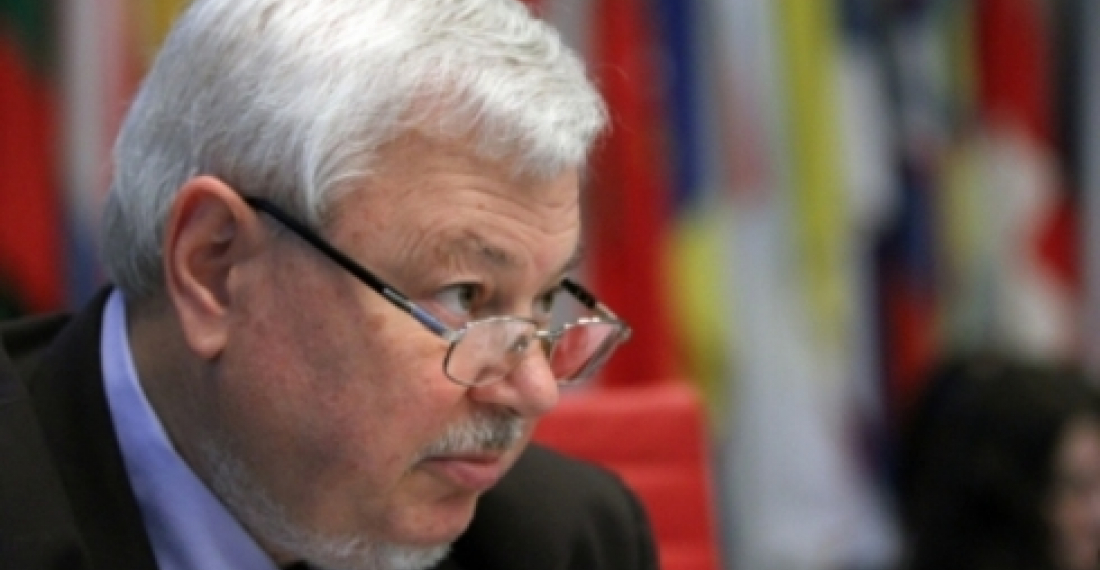The OSCE Chairperson-in-Office, Ireland's Minister for Foreign Affairs and Trade Eamon Gilmore has appointed Special and Personal Representatives.
APA reports that the mandate of Ambassador Andrzej Kasprzyk, Personal Representative of the OSCE Chairperson-in-Office on the Conflict Dealt with by the OSCE Minsk Conference , has been again extended for another year. Andrzej Kasprzyk has been holding this post since 1997.
Kazprzyk has provided the continuity for the OSCE Minsk Process co-chair over the years.
APA reported earlier that Ambassador Pádraig Murphy was appointed as Special Representative of the OSCE Chairperson-in-Office for the South Caucasus.
The appointments came ahead of a meeting of the OSCE Permanent Council in Vienna on 12 January during which the Irish Chairmanship will present its priorities for 2012.
source: commonspace.eu with APA
Photo: Ambassador Andrzej Kasprzyk, the Personal Representative of the OSCE Chairman-in-Office (picture courtesy of the OSCE)







